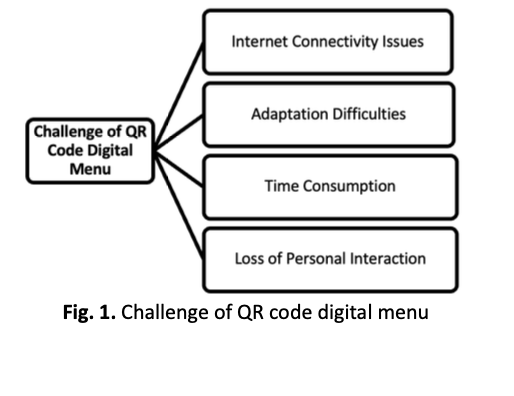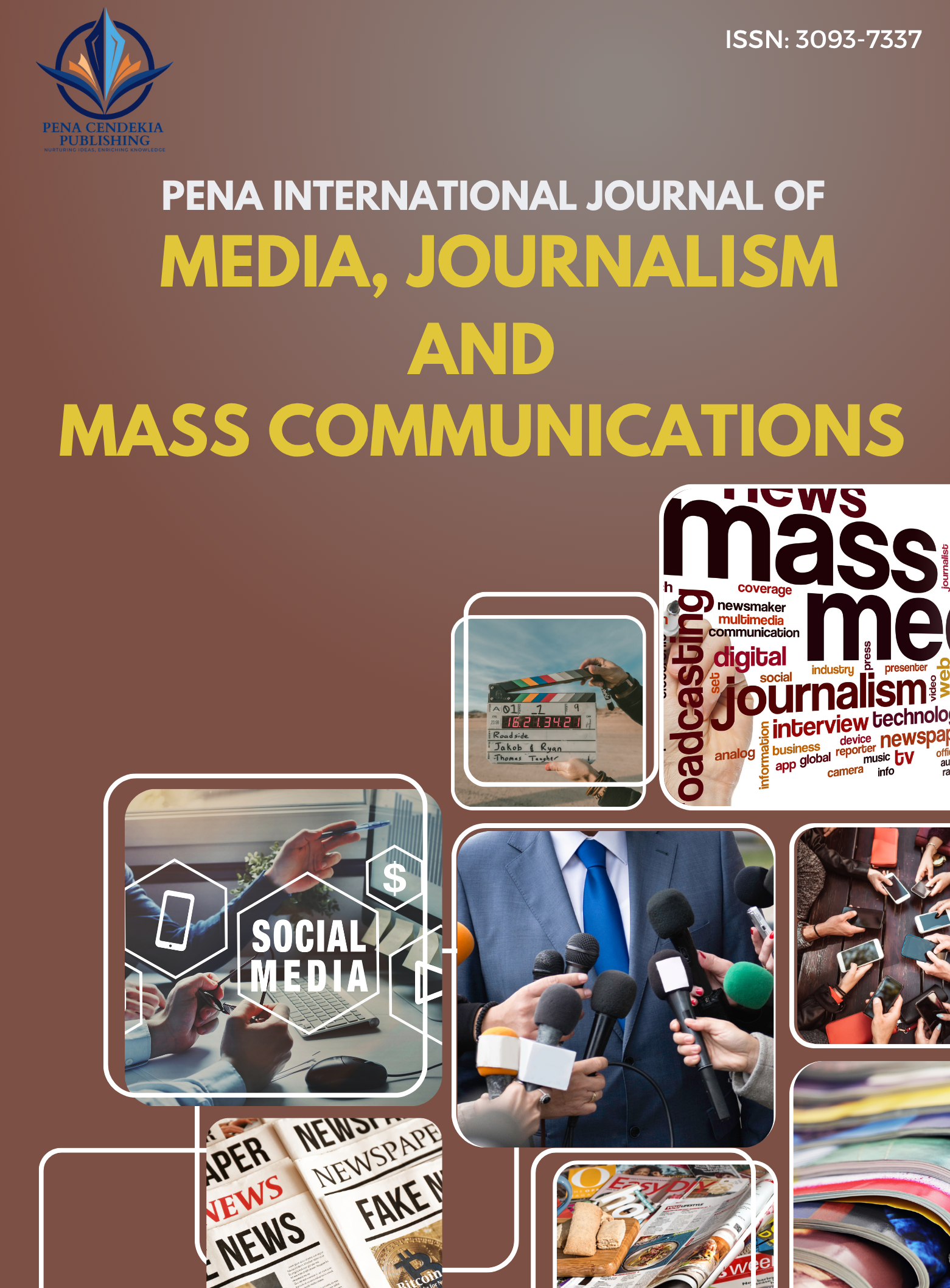Exploring the Challenges and Limitations of QR Code Digital Menus: Perceptions of Rural Adult Customers in Sabah, Malaysia
Keywords:
Digital menu, QR code, Sabah rural area, adult customersAbstract
Digital menus are an innovation used in the restaurant business to allow customers to scan menus using the QR code provided. These QR code–based menus are not merely digital copies of physical menus; instead, they are interactive platforms that enable customers to browse, identify, and select their preferred dishes, as well as place orders and make payments conveniently. This study explores rural adult customers' perceptions of QR code-based digital menus in Sabah, Malaysia. The need for this study arises because some existing research has expressed scepticism about digital menus, assuming that physical or traditional menus are consistently superior. This study uses a qualitative method, namely in-depth semi-structured interviews with 21 informants from seven districts in the rural areas of Sabah. In addition, this study uses a purposive sampling method by selecting informants who are from rural areas of Sabah. A total of six questions were used as a guide, and three additional questions were asked during the interview. Thematic analysis revealed two key themes: i) Challenges of QR Code Digital Menus and ii) Limitations of QR Code Digital Menus. In conclusion, the implementation of QR code digital menus has its own advantages and constraints depending on age, technology, and internet access. This study suggests that a more in-depth and detailed study be conducted over a more extended period of time, with comparisons made between urban and rural customers.









